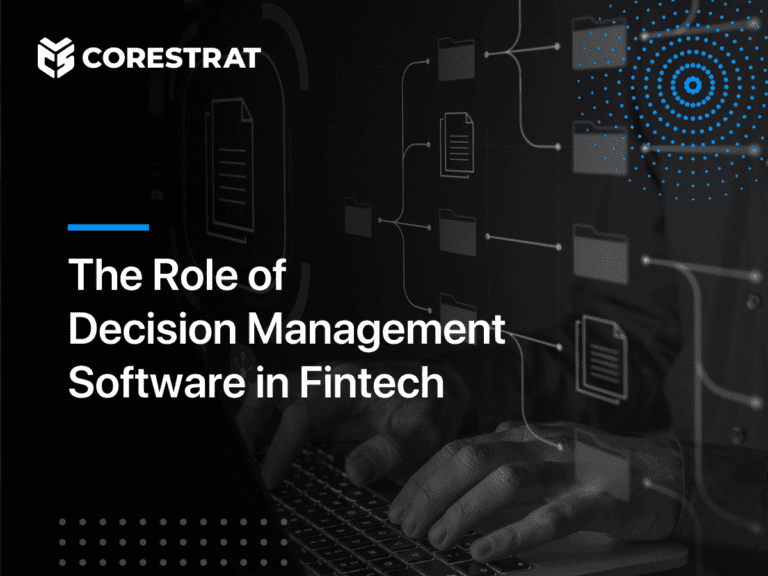
The Role of Decision Management Software in Fintech
Decision management software empowers enterprises to enhance their decision-making processes by harnessing rules, logic, analytics, and data. It assesses and implements decisions across diverse operational and customer-centric applications, sifting through extensive data from various sources, including customer transactions, market data, and social media, to uncover valuable insights regarding customer behaviour, market trends, and risk factors.










